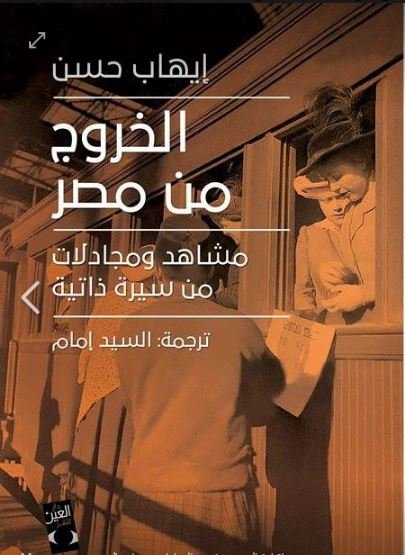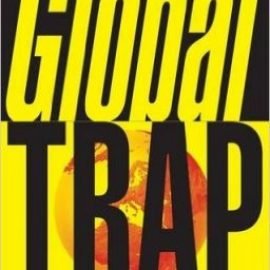Description
Like The Cross-Legged Scribe he describes so vividly, Ihab Hassan lives under Medu-netcher, the sign of the word.
For Hassan, a critic is far more than a conservator or maker of judgments. In his work he has investigated not only the state of current literature but the thoughts and feelings that inform it. “The important questions before the human race are not literary questions,” he acknowledges in Paracriticisms (1975). “They are questions of consciousness— reason, dream, love.”
If humanity, as Hassan’s work progressively suggests, is being transformed by a new universal consciousness, it is appropriate, perhaps essential, that critics such as he examine their own evolution as thinking and feeling beings.
Out of Egypt, Hassan has never returned, preferring instead the continuing journey: “In journeys, we hear the cadences of the universe itself, and endure our death, going hence, coming hither. ‘Ripeness is all.’” The process of “ripening” is dependent in this inter-textual age upon the blending of minds into minds, voices into voices, making it necessary for Hassan to weave into his narrative brief essays, citations, and quotations—including some from his previous work.
 العربية
العربية  English
English 




